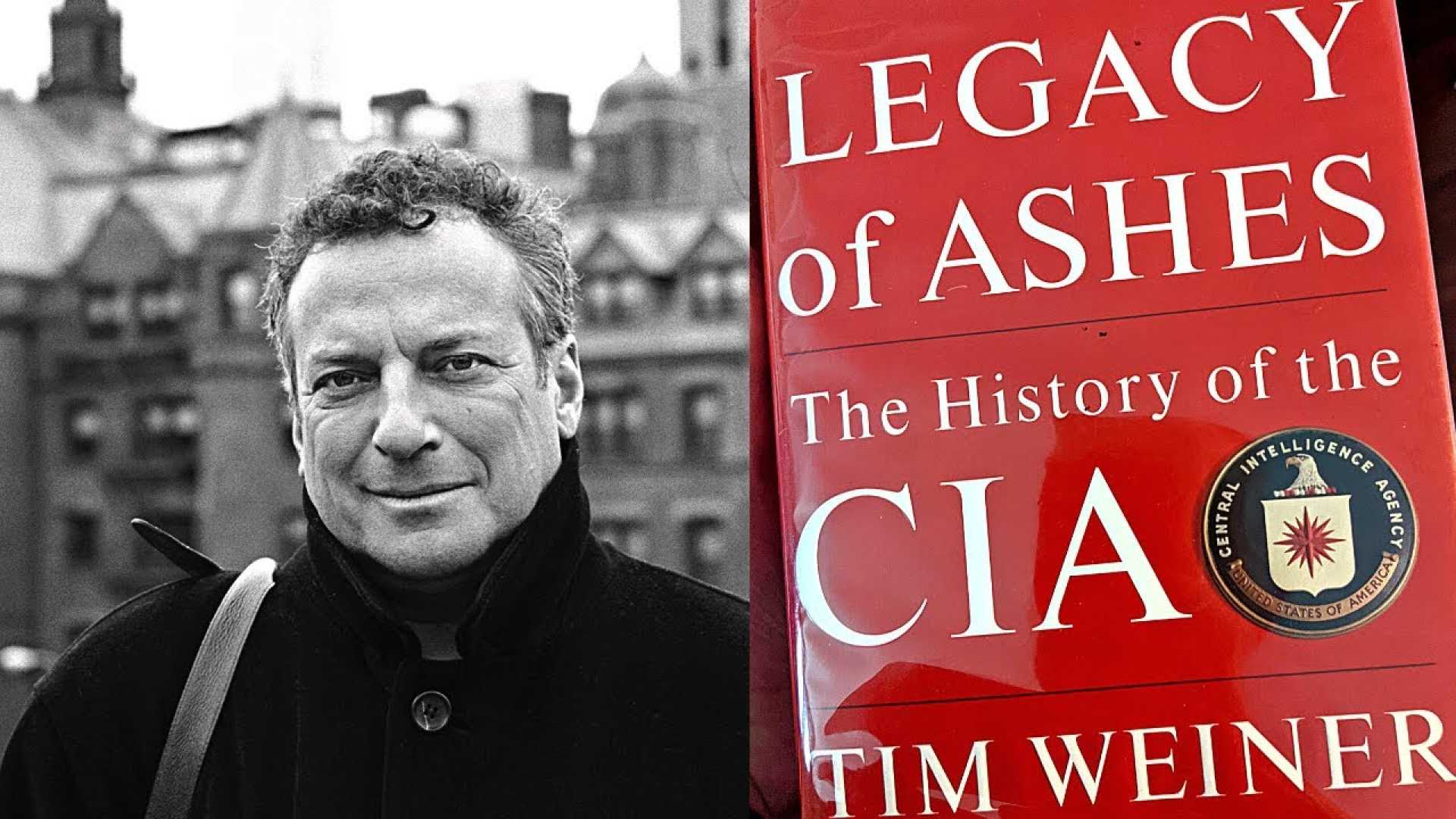Politics
A Deep Dive Into the CIA’s Troubled History

NEW YORK, NY — In his latest book, “The Mission,” Tim Weiner examines the complex history of the CIA, shedding light on its failures and successes as the agency navigated a turbulent global landscape. Weiner, a seasoned journalist who has reported extensively on the agency, reveals how the CIA, with its vast resources and elite recruits, has struggled to maintain an effective track record.
Reflecting on the CIA’s challenges, Weiner cites a high-profile case where a former station chief in Bucharest was discovered to be giving sensitive information to Russia. This incident, among others, led to a perception that the agency was faltering, a sentiment echoed by members of the British intelligence community, particularly MI6.
After the events of September 11, 2001, the CIA found itself in a precarious position. Weiner notes that then-Defense Secretary Donald Rumsfeld downplayed threats before the attacks, stating the U.S. faced ‘no strategic challenge’ for the first time in decades. Despite warnings from CIA officials about rising extremist threats, the agency was largely ignored, leading to a national tragedy and further scrutiny of its capabilities.
Weiner highlights cringeworthy moments in CIA history, including its controversial interrogation practices during the War on Terror, which have drawn extensive criticism for ethical violations. The author argues that these actions often stemmed from directives issued by political leaders, emphasizing that presidents have historically used the CIA for broader geopolitical strategies.
In a provocative section of the book, Weiner discusses Donald Trump’s administration and its impact on the agency. Notably, he points to Trump’s relationship with Russian President Vladimir Putin, suggesting that the nature of their alliance has shifted with political changes in the U.S. and abroad.
Weiner’s work is filled with revelations, drawn from interviews with former CIA officials and insiders, making “The Mission” an illuminating but critical look at a central player in U.S. intelligence. With its rich details and compelling narrative, the book calls for a reassessment of the agency’s role in contemporary geopolitics.
Ultimately, Weiner’s insights prompt readers to think critically about the CIA’s future, as the agency grapples with ongoing challenges in a rapidly changing world, indicating that its past missteps cannot be easily ignored.












